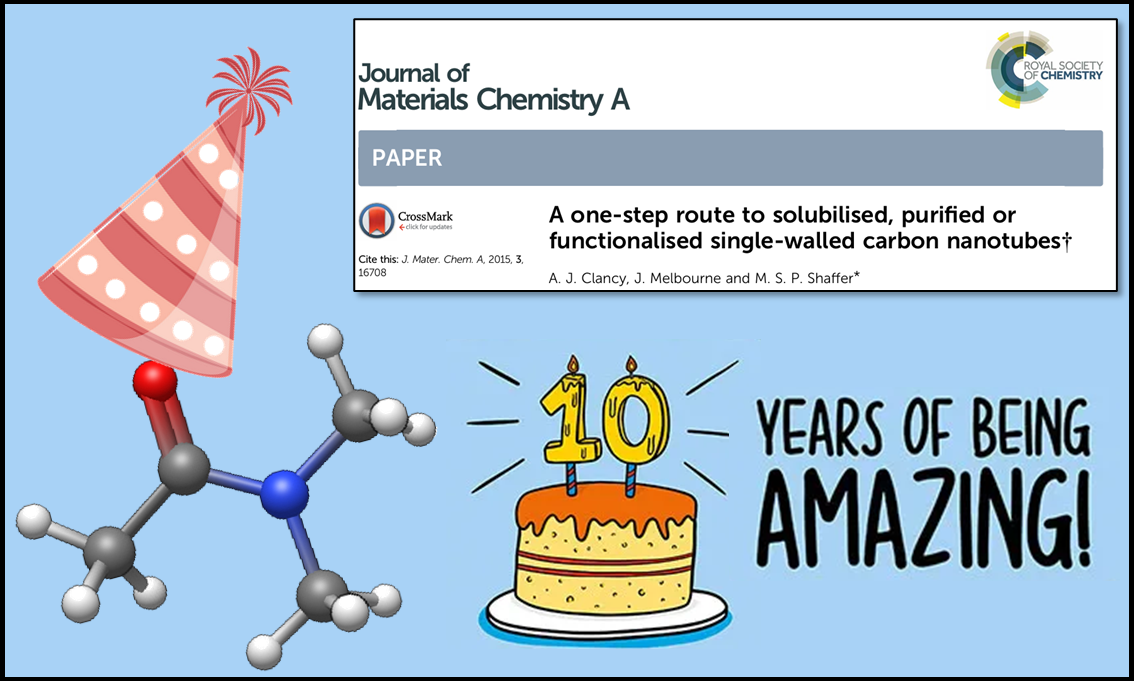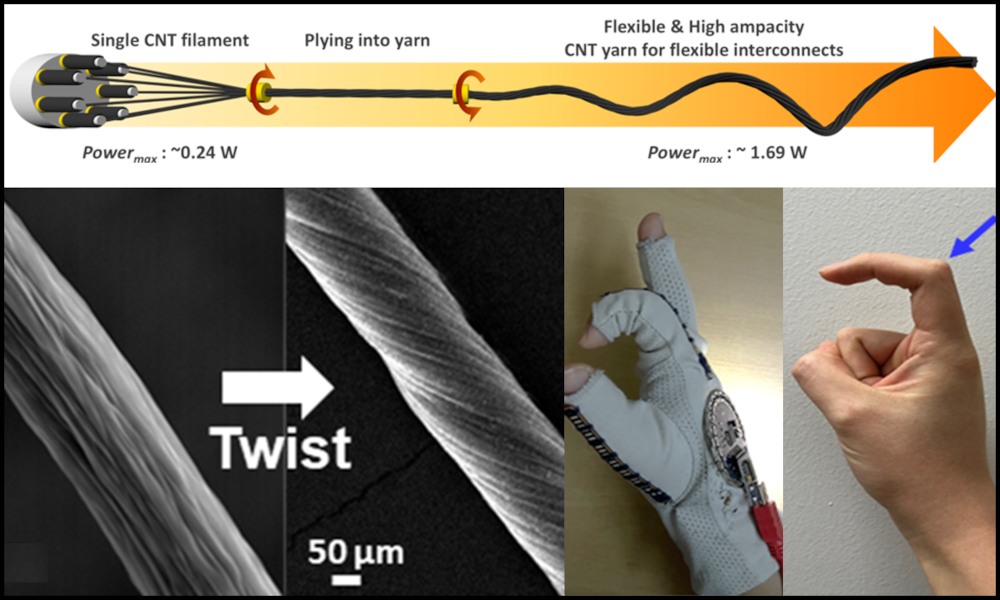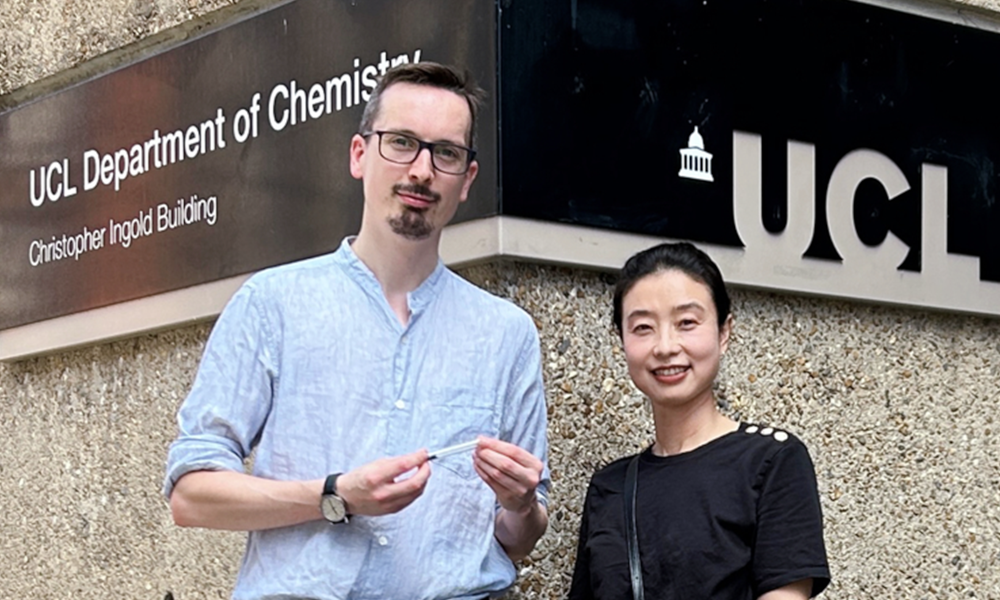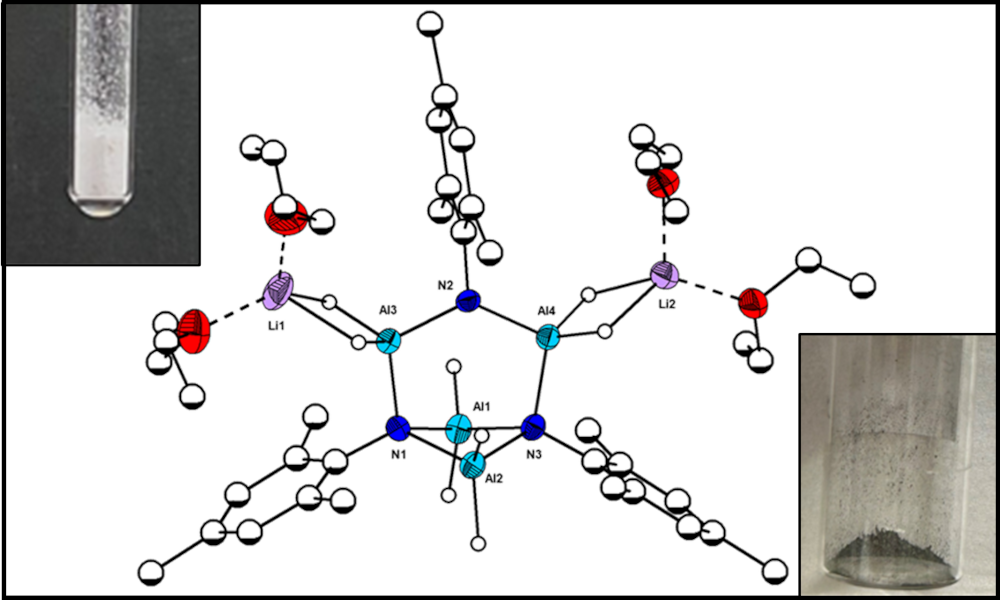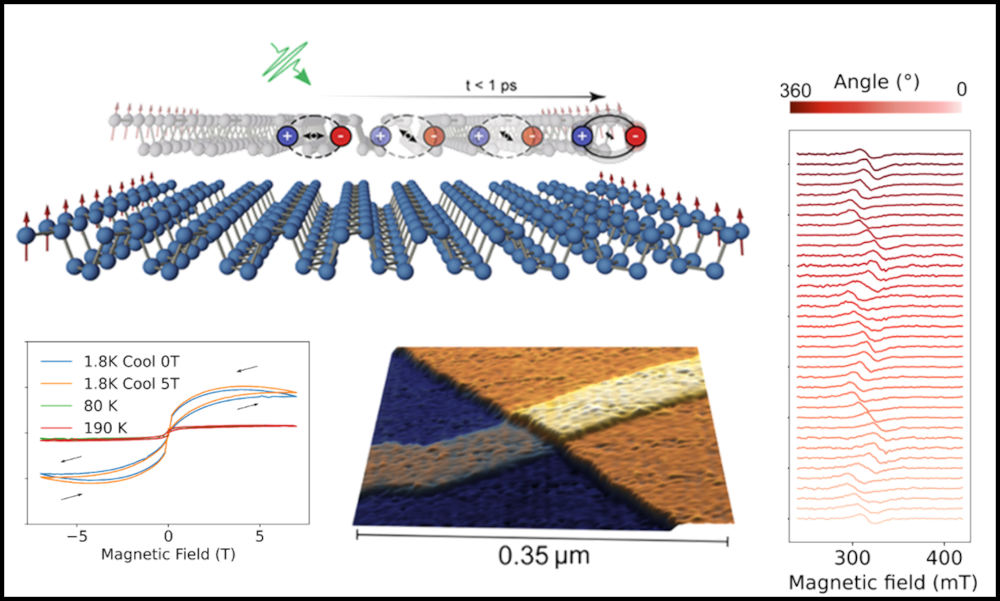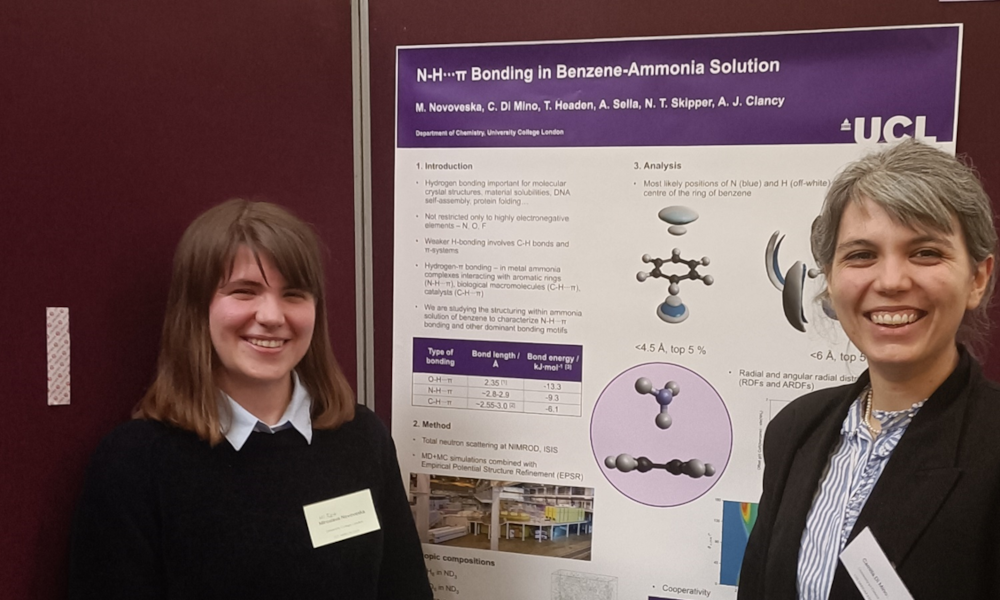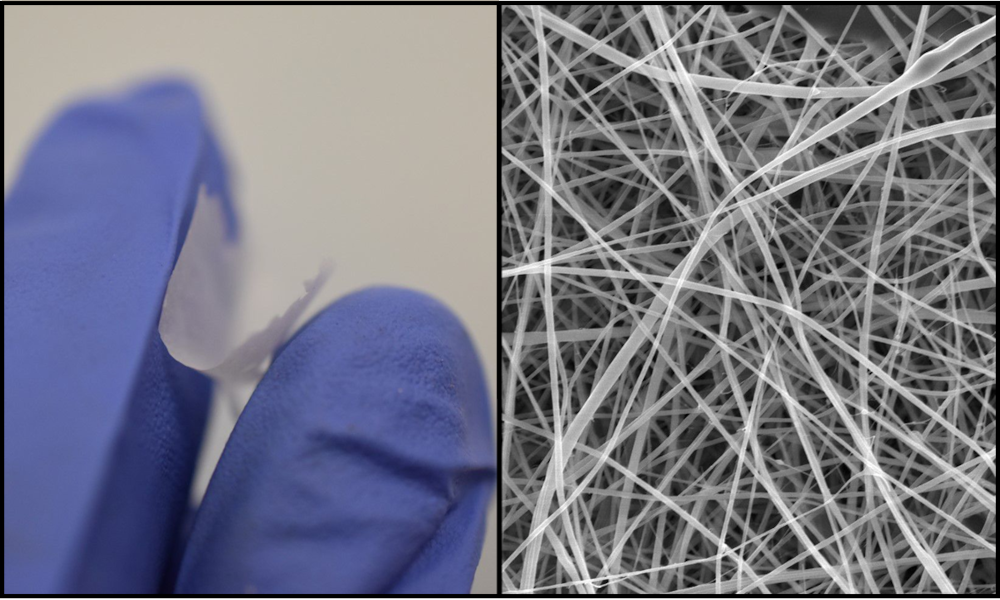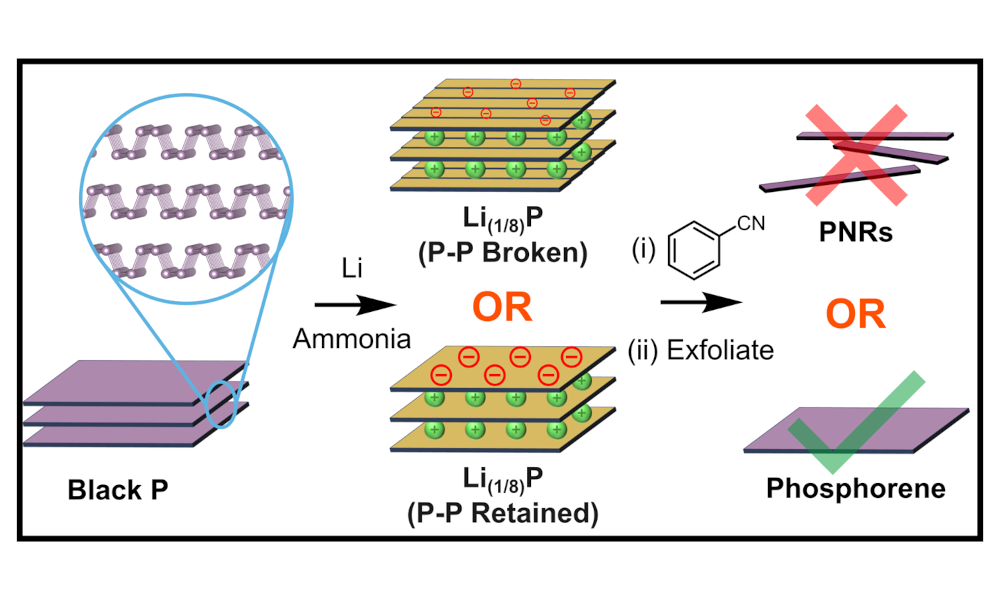Dissolving Nanomaterials
Damage-free, scalable liquid phase processing of nanomaterials is possible by understanding the thermodynamics of solvent-nanomaterial interactions.
Covalent Functionalisation
Adding functional groups to nanomaterials can help assembly, introduce biocompatibility, or slightly change the electronics to better fit the needs of a device.
Energy Devices
Nanomaterials will play a critical role in addressing mankind's biggest current challenge. Our work uses nanomaterials as additives in classic systems (solar cells, supercapacitors) and new energy systems such as torsional energy storage.
Composite Materials
From optoelectronic components, to just making really strong and light plastics, there’s many reasons to make nanomaterial composites. We work with the best to make their materials even better across a range of applications.

